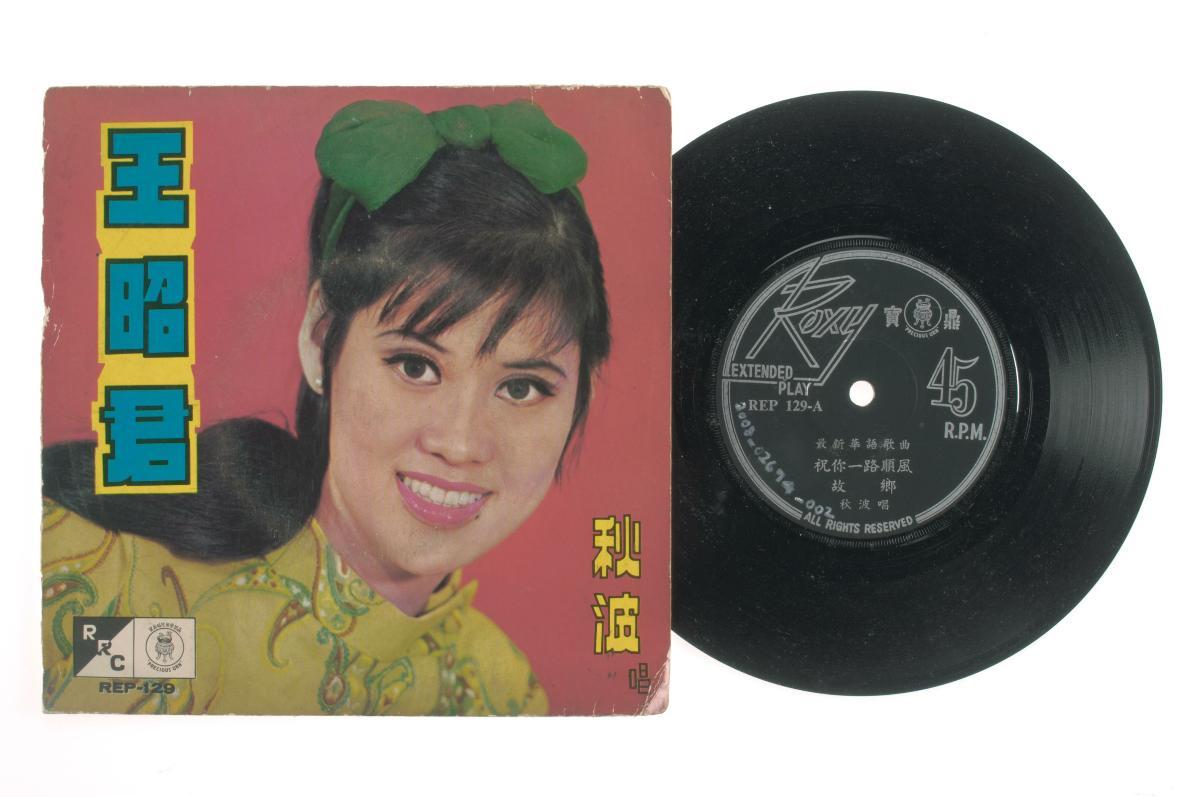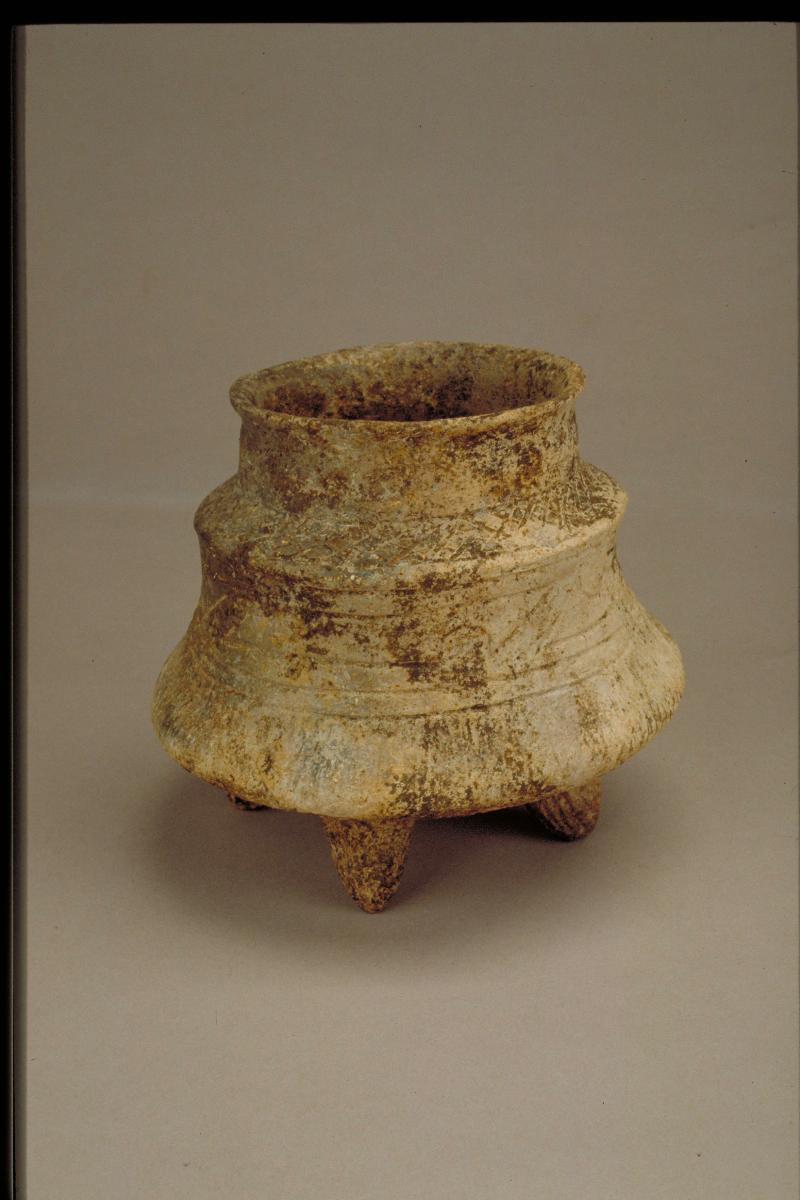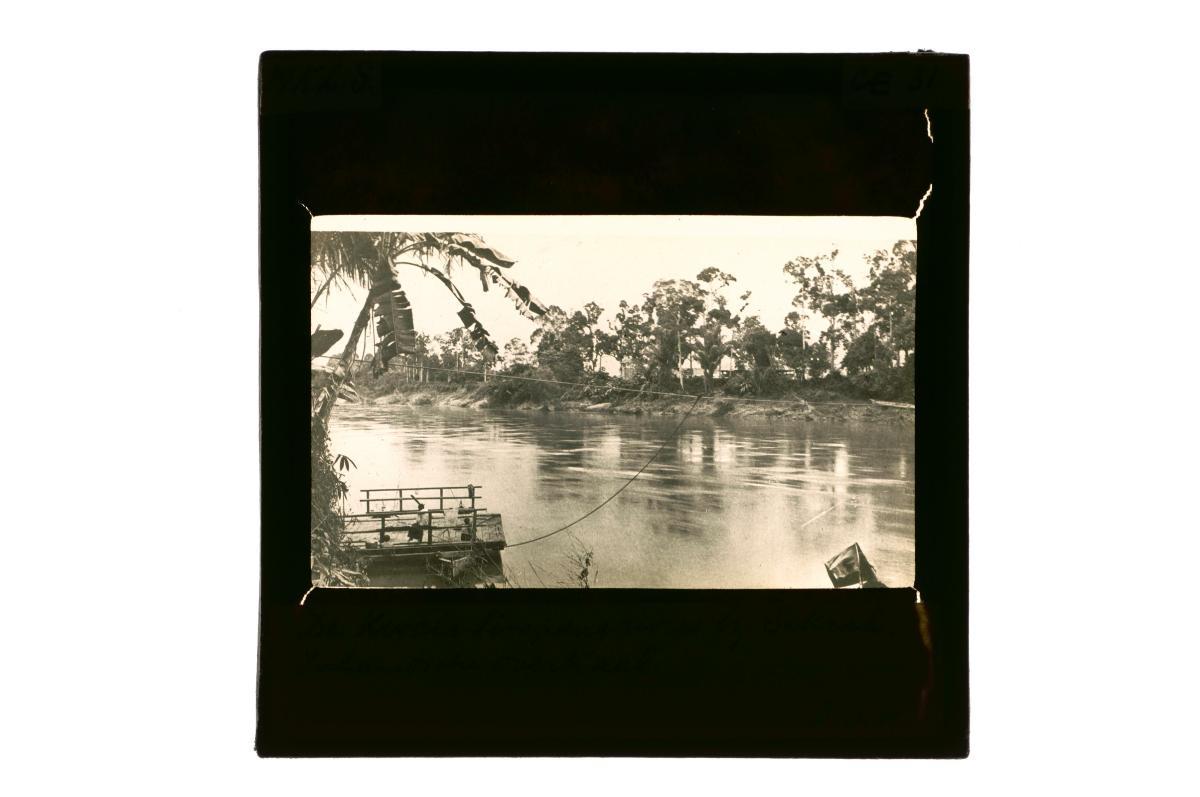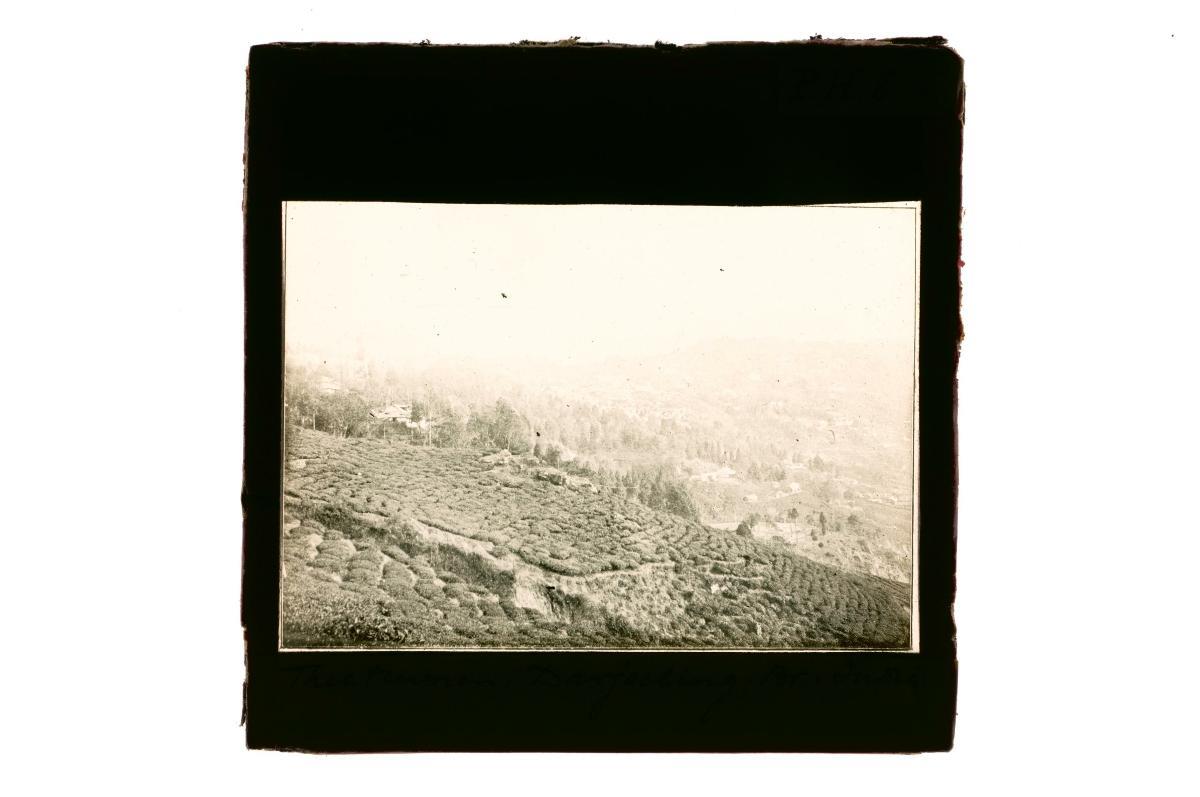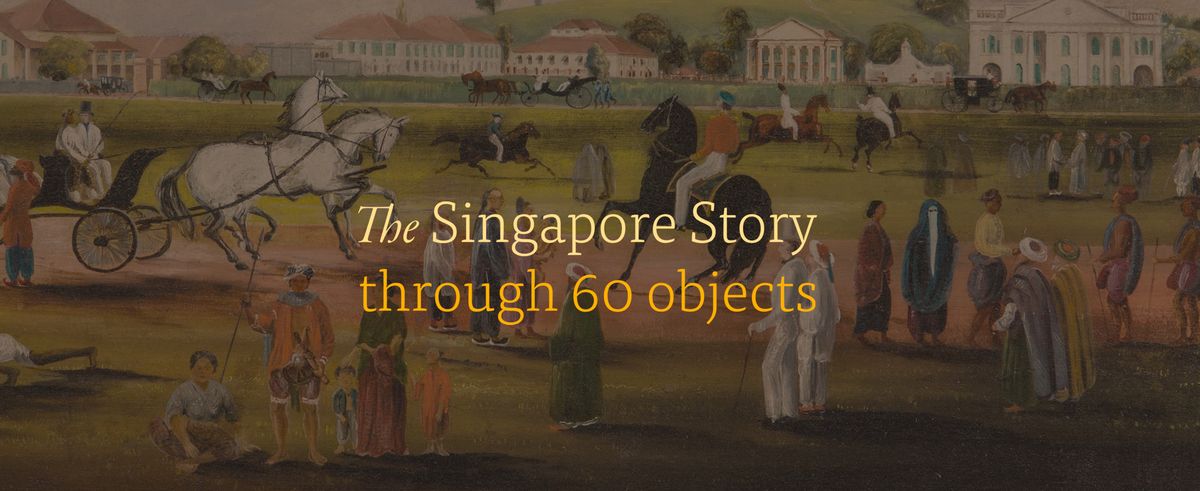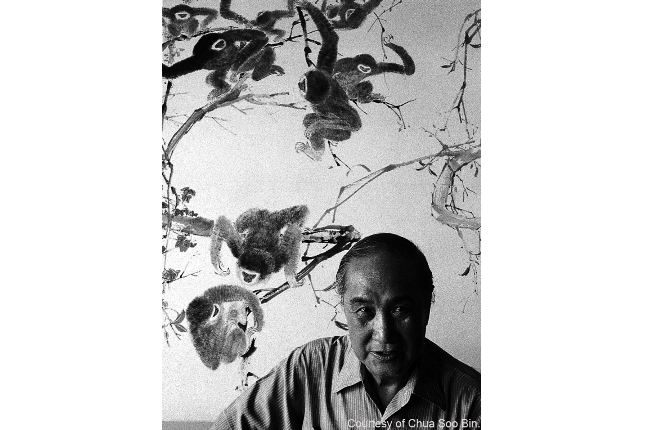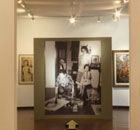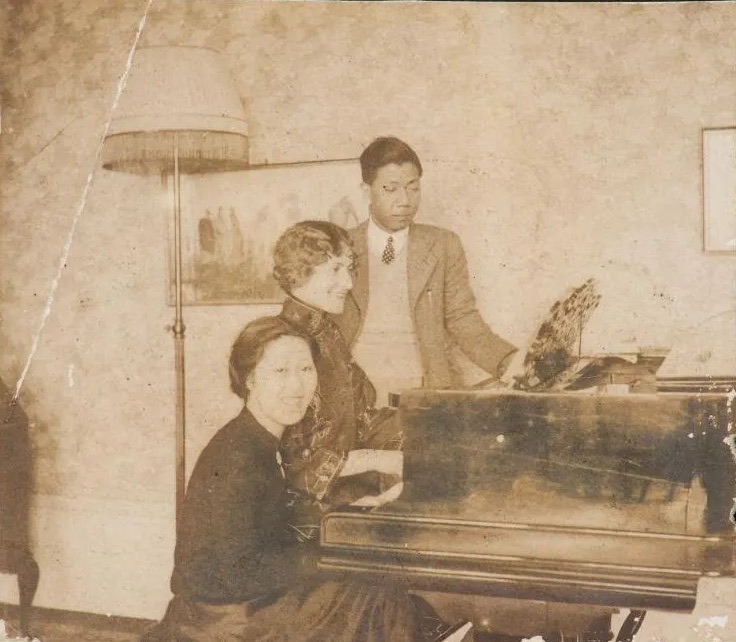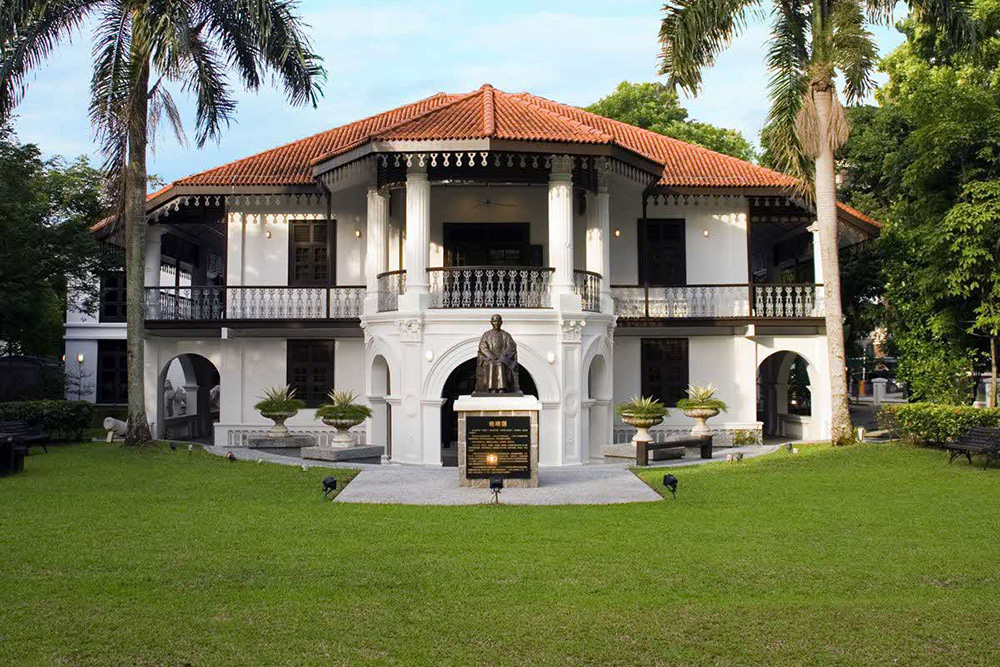This grotto scene depicts two figures playing chess at the foot of a hill with another watching. Steps lead up to an overhanging rock, from where a monkey watches the game (See 2000-03375). The reclusive scene of chess or 'weiqi' players in a grotto is found both in chess playing manuals written by literati of the late Ming and in early Qing paintings. It is thought that the scene expresses the idyllic isolation sought by disillusioned Ming loyalists during the period of transition to Manchu rule.Weiqi was an ancient game apparently invented by the Emperor Shun (2255-2206 BCE) with the aim of improving his son’s mental faculties. It is militaristic in nature the aim being to encircle and capture one’s opponents. A board game played with black and white stones, it was considered one of the four accomplishments of a gentleman and scholar.Dehua, located on the southeast coast of Fujian province, is well known for its production of white porcelain, known to Europeans as 'blanc de Chine'. The earliest Dehua porcelain was produced as early as the 14th century but the production and quality of these porcelain peaked around the 17th and 18th centuries.





